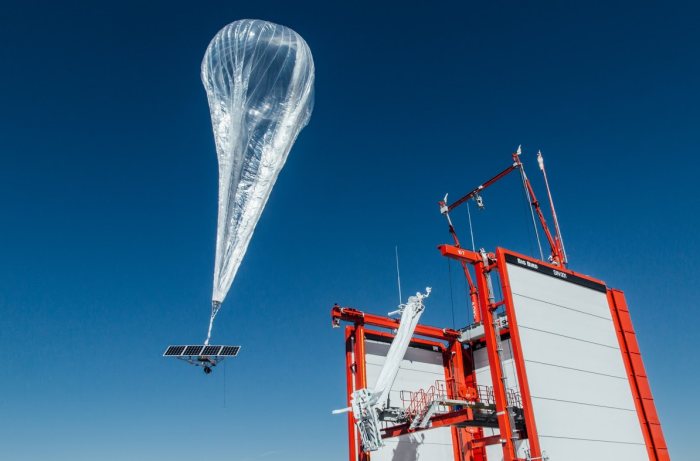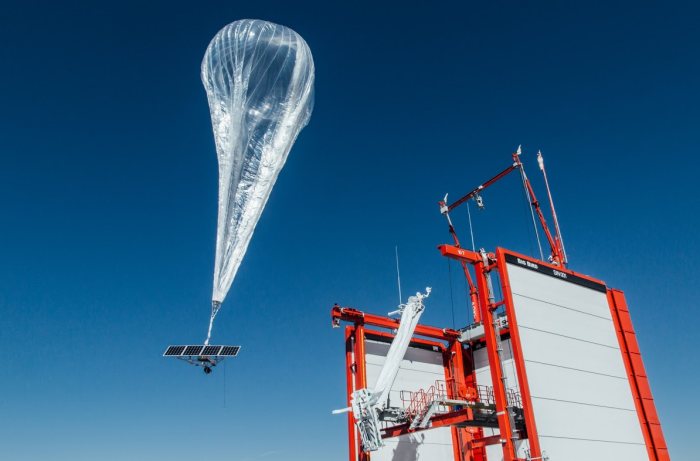X (formerly called Google X) has announced its internet via balloon project Loon has been spun off as a separate business under the Alphabet umbrella.
 Image: Project Loon
Image: Project Loon
Project Loon has involved the use solar powered balloons to create an aerial wireless network able to deliver internet connectivity to users on the ground in underserved and disaster areas, where other services such as mobile or fixed wireless broadband aren’t viable.
X also announced another venture to "graduate" is its Wing project, which seeks to transform the way goods are transported through the use of autonomous delivery drone services.
"Today, unlike when they started as X projects, Loon and Wing seem a long way from crazy — and thanks to their years of hard work and relentless testing in the real world, they’re now graduating from X to become two new independent businesses within Alphabet: Loon and Wing," said a post on the X blog.
It will be interesting to see what happens with Loon from here. There's been very little news on the project in recent times - just one post on its Google+ page in the past year mentioning the role it was playing in Puerto Rico in the aftermath of Hurricane Maria.
The project has faced its fair share of challenges, including balloons crashing in a number of countries.
X is a somewhat secretive research and development facility that was founded by Google in January 2010 as Google X, and now operates as a subsidiary of Alphabet Inc.
What Happened To Facebook's Aquila?
While on the topics of novel internet connectivity solutions and drones, you may remember us mentioning Facebook's Aquila project, which was launched in 2014. That aimed to build a network of huge solar powered high-altitude planes capable of staying airborne for months at a time; with each able to beam broadband coverage to a 100 kilometre-wide area.
As with Loon, there hasn't been much recent news on the project, other than an announcement last month stating the company had decided not to design or build its own aircraft any longer, and to close its Bridgwater facility.
"Going forward, we’ll continue to work with partners like Airbus on HAPS* connectivity generally, and on the other technologies needed to make this system work, like flight control computers and high-density batteries," said Yael Maguire, Facebook's Director of Engineering.
Like Loon, Aquila has seen its ups and downs (quite literally), including a crash landing resulting from "an inflight structural failure" on final approach during a test flight in June 2016 that saw the aircraft substantially damaged.
*HAPS stands for High Altitude Pseudo Satellite.



